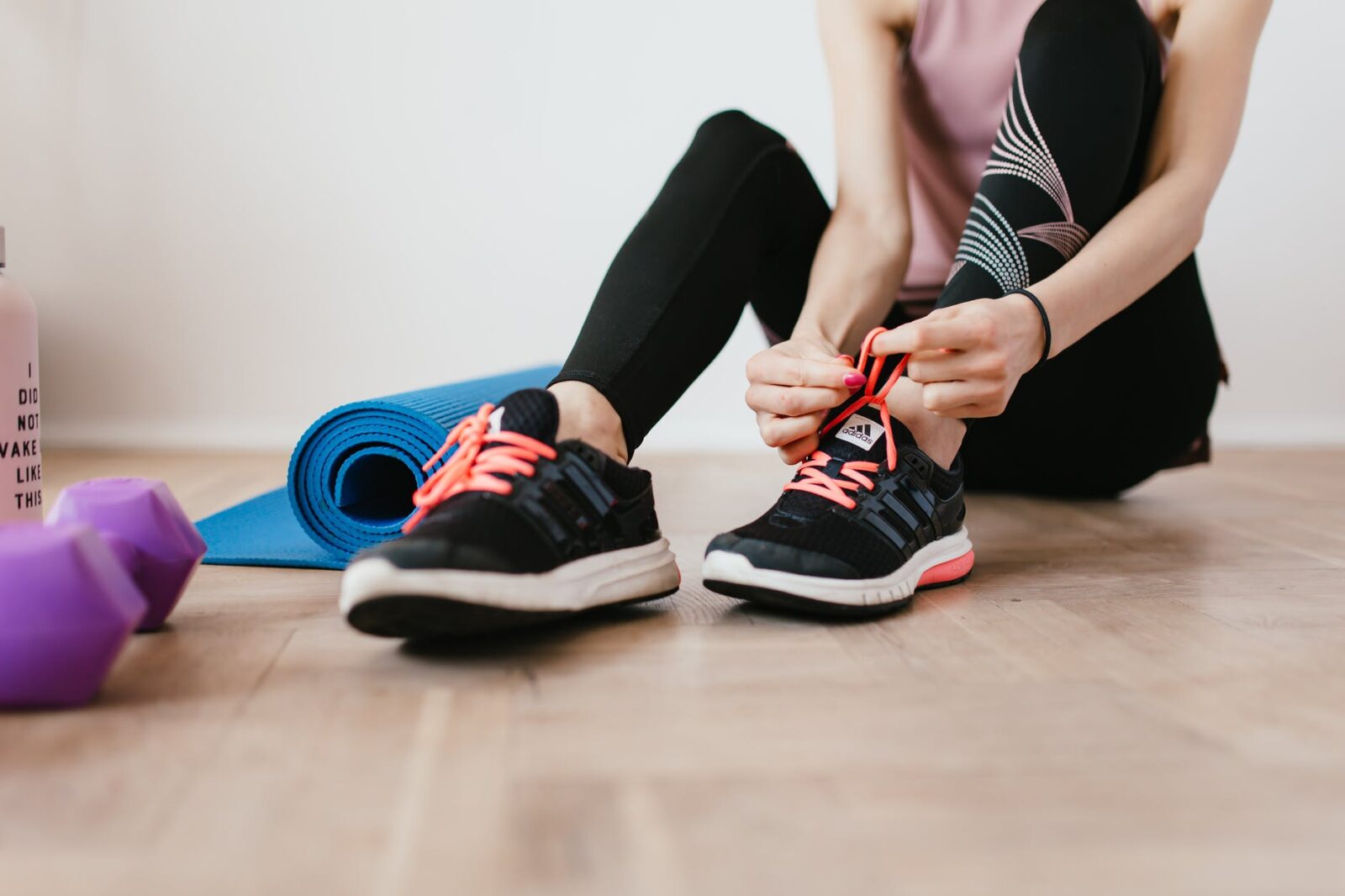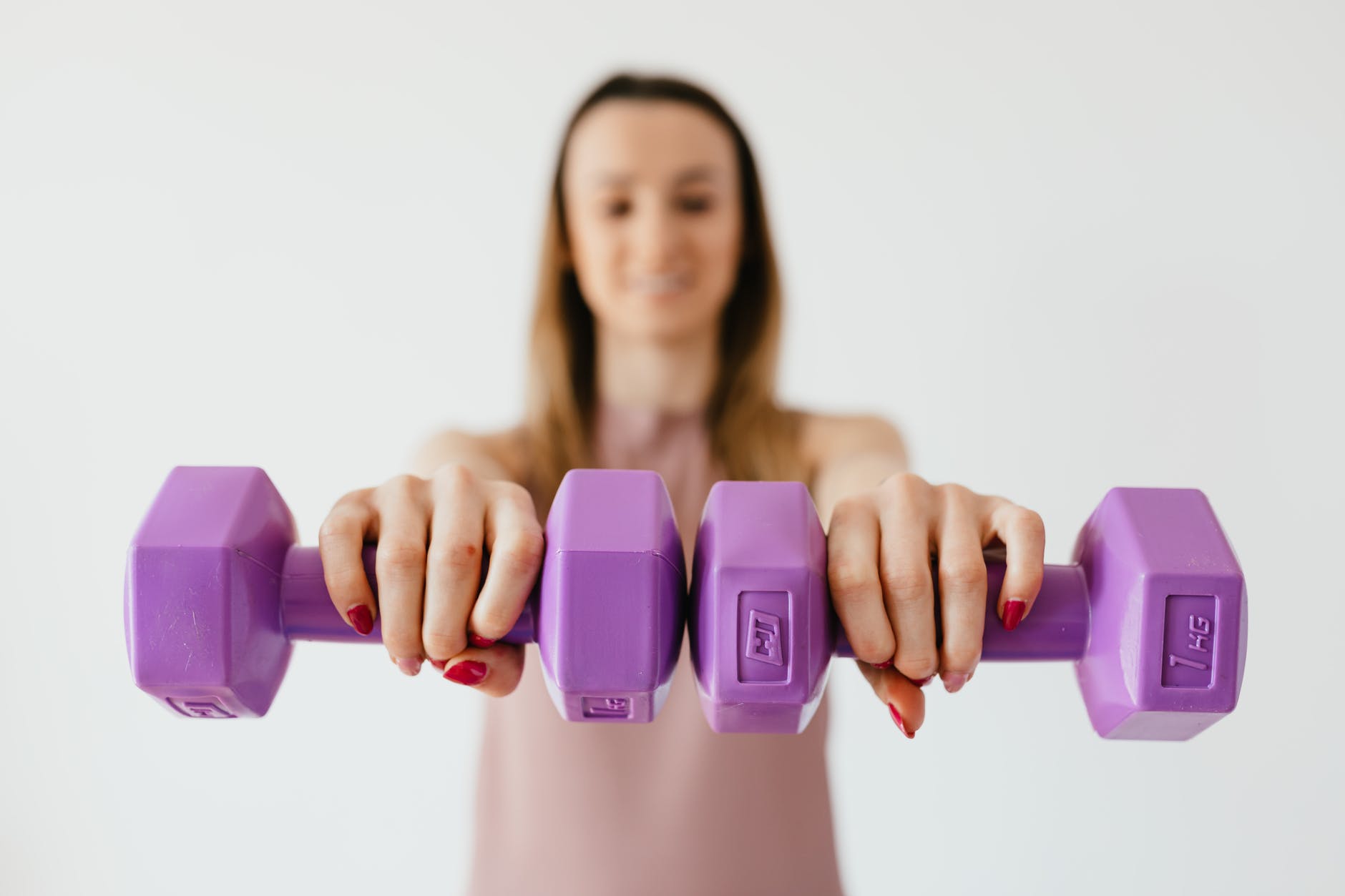A Heated Olympics: The Inclusion Of Transgender Women

Sue Dhillon is an Indian American writer, journalist, and trainer.
With the Tokyo Olympics less than a week away, sports fans across the globe are getting ready to see their country and favorite athletes participate. However, this year’s Olympics are slightly different. Not only because of Covid-19 but with the inclusion of the first-ever transgender athlete competing. This new change to Olympic rules has sparked debates amongst many, questioning whether the change is good or bad for the sport.
THE OLYMPICS FIRST TRANSGENDER PARTICIPANT
Before I delve into my opinion on this delicate topic, let me give you some background. Laurel Hubbard will be the first transgender female to compete in the Olympics. Before coming out as transgender in 2013, Laurel competed in men’s events, and since her transition, she has successfully been competing in women’s competitions. Waving the flag for New Zealand, the 43-year-old will be competing in the women’s 87kg weightlifting category.
TRANSGENDER WOMEN IN THE OLYMPICS – IT’S ALL BIOLOGY
When looking at this topic of conversation, it’s hard not to look at the evidence staring right back at you – and that’s biology. It’s all common knowledge that men and women are built differently. Generally, men are stronger, faster etc which is why we have separate gender sport categories in the first place – we perform differently. And this is supported by many athletes, Serena Williams being one. Stating in an interview back in 2013 with chat show host David Letterman, “Men’s and women’s tennis are completely almost two separate sports…. the men are a lot faster, they serve harder, they hit harder, it’s just a different game.”
I think this is an important remark to consider when addressing the inclusion of adult transgender females as I factor in the point that they’ve gone through puberty, allowing them to gain all the effects of high levels of testosterone. I acknowledge that women also naturally have levels of testosterone, but it doesn’t quite have the same advantages such as increased bone and muscle density.
It’s important to note that for Laurel Hubbard to qualify she needed to have her testosterone levels below a certain threshold. But in my opinion, even though this mark exists it doesn’t counteract the hormones she received whilst being a male for over 30 years as hormone treatment doesn’t diminish the hormones you’ve already receive.

SHOULD TRANSGENDER’S BE ALLOWED? IS IT FAIR?
The main debate regarding all of this is whether it’s fair to the other women competitors but also to the sport. And in my opinion, it is not. Now the reason why this has become such a heated debate is because some people hit the defence button and immediately assume your transphobic or don’t support equality, when that’s not the case. For myself, it’s about protecting women and their sport. British broadcaster, India Willoughby, a trans women herself, went on Good Morning Britain saying transwomen should not compete. In addition, a fellow competitor of Laurel, Anna Vanbellinghen said that the inclusion of her within women’s sport would be unfair.
I believe a lot of people are trying to be ‘politically correct’ or fear saying the wrong thing regarding the topic of trans people in general. I’m not saying they can’t compete, but I think there are ways we can make it fairer. We can’t just place women’s rights aside. One circumstance resulting in the questioning of transwomen competing against biological women was back in 2014, where transgender MMA fighter, Fallon Fox broke opponent, Tamikka Brents Skull in a fight. This is where I believe we need to be very cautious and factor in biology when it comes to a biological woman competing against a biological male.
CAN TRANS PEOPLE BE INCLUDED?
Simple answer – of course they can. But I think we need to set a line regarding the inclusion of transwomen in women’s sports. My view holds that if you have gone through male puberty and then transitioned, you shouldn’t compete in women’s sports but rather in the men’s category as a transgender female.
I think there should be an exception to transgender females who transitioned before going through male puberty as I believe they haven’t received the ‘benefits’ of the levels of testosterone they are naturally given.
Now, you might be thinking ‘what about transgender men?’ I’ll admit I’m not as educated on this topic but from what I have researched, transgender men aren’t usually as successful within professional sports compared to trans women. I think there is an argument opposing such when you consider the young athletes back in the 80s from areas such as East Germany where young girls ‘looked’ and performed questionably. But even then, that argument addresses the impact of puberty and the hormones received during that period of development.
This op-ed was written by contributing writer Malin Jones. To see Malin’s other most recent post on tackling sexual assault in the U.K. school system click here.


